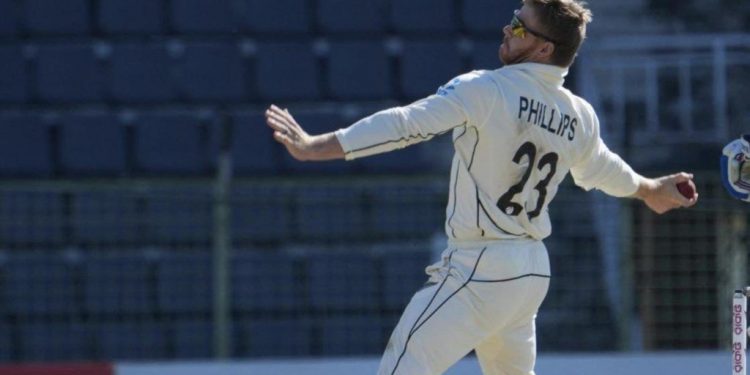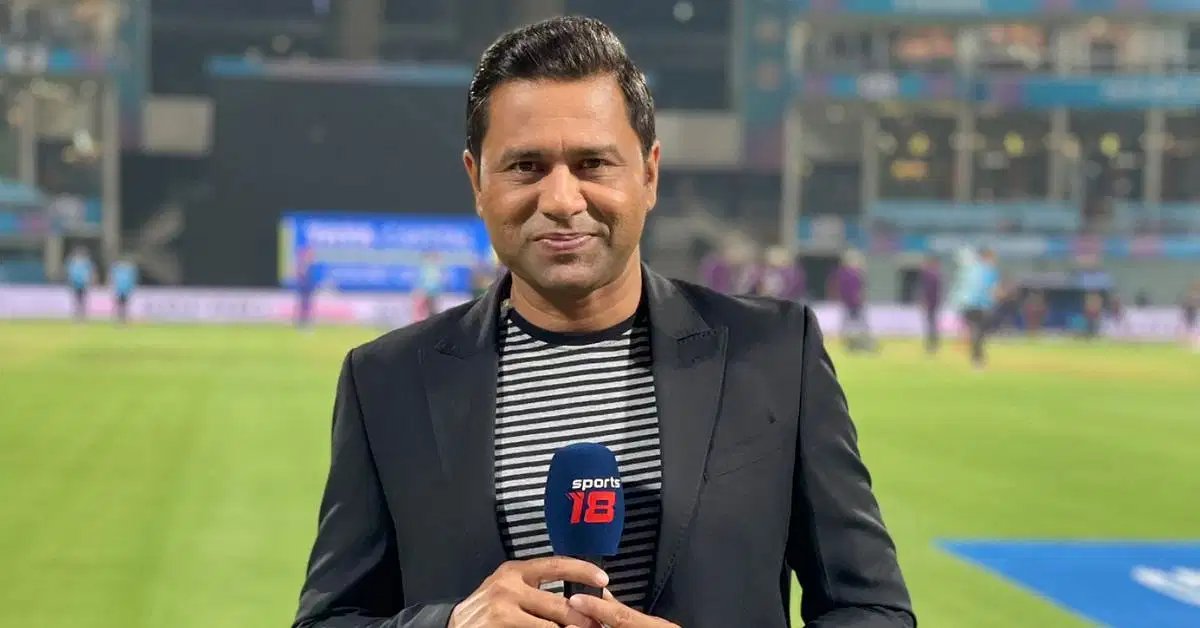All-rounder Glenn Phillips of New Zealand was seen sprinkling saliva on the ball on the third day of the first Test match between Bangladesh and New Zealand at Sylhet, even though the International Cricket Council (ICC) had banned such practices since last year.
The COVID-19 pandemic forced the initial implementation of this safeguard, which was eventually made a permanent rule. The event happened in the 34th over of Bangladesh’s second innings when Glenn Phillips bowled against Najmul Hossain Shanto. Interestingly, after the first ball in that over, he was observed slobbering twice.
Despite Glenn Phillips obvious violation of the rules, Ahsan Raza and Paul Reiffel, the on-field umpires, did not step in or take any action against him.
According to ESPNcricinfo, an ICC representative declined to comment on the situation and emphasized that match officials are the only ones who have the authority to handle problems that arise on the field.
Saliva on the ball was outlawed permanently by the Law 41.3 amendment, which was put into effect in 2020 as a preventive step against COVID-19 transmission. The purpose of this regulation was to ensure that the game remains fair and to remove any doubt about the use of substances such as sugary candies to control saliva. The amended law states that any use of saliva on the ball will be handled similarly to other unfair ways to change the ball’s condition, and it will take effect on October 1, 2022.
What is stated in Law 41.3?
According to MCC’s research, there was no discernible effect on the bowlers’ ability to produce swing when saliva was prohibited. Instead, players switched to polishing and shining the ball with their perspiration, which worked just as well. As a result, the amended laws clearly forbid the use of saliva, eliminating any possibility of confusion or evasion. By prohibiting any unfair ways of changing the ball’s state, this action seeks to maintain the integrity of the sport. According to law 41.3,
“Playing conditions were written in most forms of the game stating that applying saliva to the ball was no longer permitted when cricket resumed following the onset of COVID-19.” According to the MCC’s studies, this had little to no effect on how much swing the bowlers were receiving. Players were using sweat to polish the ball, and it worked just as well.
“The new laws eliminate any gray areas where fielders could use sugary sweets to change their saliva to apply to the ball. They also forbid using saliva on the ball. Saliva use will be handled the same as any other unfair techniques to alter the ball’s state.






